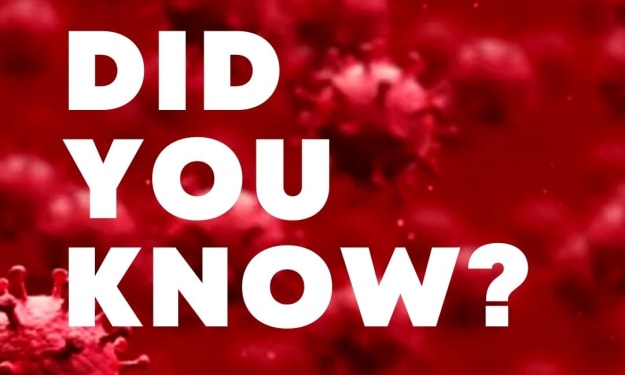
In a vibrant city teeming with the energy of life and the chaos of ambition, there resided a young woman named Emma. Emma possessed an unwavering drive, unwavering dedication, and, like everyone else, was prone to occasional missteps. However, she bore a unique burden—the weight of her own unforgiving self-judgment.
Emma toiled away in a fast-paced corporate setting, where every decision held consequences and each project demanded flawless execution. It was on a particularly demanding day that she committed an error—a costly one at that. A misplacement of a vital document resulted in a significant financial loss for the company.
As the gravity of her mistake settled in, Emma felt a heavy knot tighten in her stomach. The fear of facing repercussions, the dread of disappointing others, and the haunting notion of how her colleagues and superiors would perceive her consumed her thoughts. The mistake transcended mere oversight; it became a reflection of her own value, or so she believed.
In the aftermath of her blunder, Emma found herself trapped in an unyielding cycle of self-blame and negative self-talk. Countless sleepless nights were spent replaying the events leading up to the error, with each repetition amplifying the severity of her inner critic. Emma's once vibrant spirit now bore the weight of her perceived failure.
One day, while drowning in self-imposed guilt, Emma found herself visited by an unexpected guest—a wise elderly woman named Sophia. Having observed Emma's journey from a distance, Sophia sensed the inner turmoil within her and decided it was time to offer some guidance.
"Dear Emma," Sophia began, "mistakes are an inevitable part of life. They do not define your worth, but rather present an opportunity for personal growth. The more you resist and condemn yourself, the harder it becomes to learn and move forward."
Emma, still entangled in her web of self-condemnation, listened attentively as Sophia proceeded to share her own story of imperfections and the wisdom she gained through acceptance.
"Imagine a rose," Sophia said. "Its beauty is not diminished by a single flaw on its petals. Instead, it adds character and uniqueness. You, too, are like that rose—beautiful, even with your imperfections."
Sophia's words struck a chord with Emma. She realized that the mistake she made at work did not define her; it was merely a chapter in her journey. With Sophia's guidance, Emma began to delve into the concept of self-compassion.
The first step was acknowledging her mistake without judgment. Instead of berating herself, Emma recognized that everyone is fallible and that mistakes are a natural part of the human experience. She allowed herself to feel the discomfort but resisted the urge to attach her self-worth to the error.
As Emma practiced self-compassion, she discovered the power of learning from her mistakes. Rather than dwelling on the negative aspects, she focused on understanding what went wrong and how she could prevent a similar occurrence in the future. This shift in perspective transformed her mistakes from obstacles into opportunities for personal growth.
Emma's newfound vulnerability became a catalyst for change. She chose to share her mistakes and her journey towards self-compassion with her colleagues, which created a safe and supportive environment. To her surprise, her colleagues also opened up about their own struggles and errors, fostering an atmosphere of authenticity and empathy.
As time went on, Emma's perspective on herself began to shift. She realized that self-compassion wasn't about dismissing her mistakes, but rather acknowledging them with kindness and empathy. The more she embraced her imperfections, the stronger and more compassionate she became towards herself and others.
Emma's story became an inspiration within her workplace. Her colleagues no longer saw her as someone who had made a mistake, but as someone who had courageously faced it, learned from it, and grown through it. The workplace culture transformed into one that encouraged support and forgiveness.
Ultimately, Emma's journey taught her that self-compassion was the key to breaking free from self-condemnation. Life would always present challenges, but it was her ability to navigate them with kindness and understanding that truly defined her.
And so, Emma continued to navigate the twists and turns of her life, embracing imperfection at every step. The lessons she learned not only transformed her own perception but also had a profound impact on the culture around her, proving that self-compassion has the power to heal wounds and cultivate resilience and understanding.
About the Creator
Paloma Writes
Paloma's writing is characterized by its authenticity, depth, and thought-provoking themes. She delves into the complexities of life, exploring topics ranging from love and loss to identity and resilience with nuance and sensitivity.






Comments
There are no comments for this story
Be the first to respond and start the conversation.